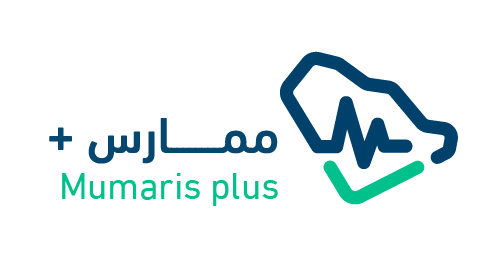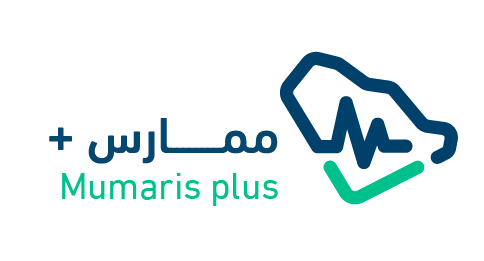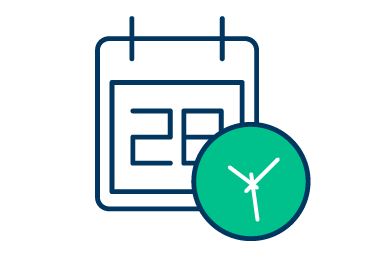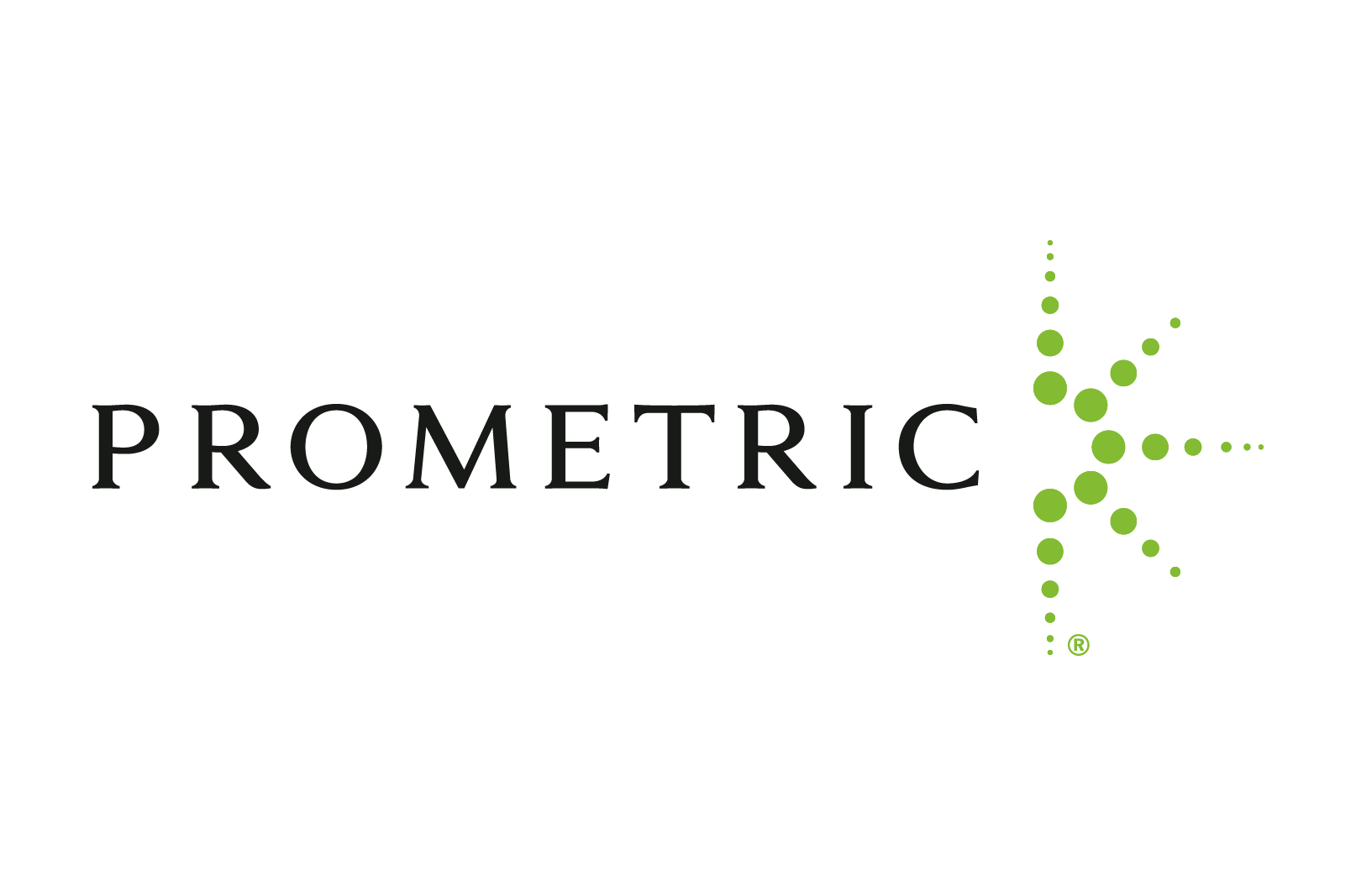Help us develop our services
How satisfied are you with the services provided on the portal of the Saudi Commission for Health Specialties?
About Mumaris Plus
Mumaris Plus is the unified portal for the services of the Saudi Commission for Health Specialties (SCFHS) for health practitioners in the Kingdom of Saudi Arabia. Through the Mumaris Plus portal,
practitioners can apply for all of the following services: You can apply and view the requirements and fees by clicking on the service

Professional Classification and Registration Requirements
The SCFHS has set several criteria in which accuracy and objectivity in evaluating the previous(training) and subsequent(experience)professional experience were considered, for obtaining certificates and vocational training, and for professionally evaluating the capabilities of their holders and classifying them accordingly
would you like to receive help accessing professional classification and registration requirements?
Specializations Description
It is a brief indicative description that helps in defining the minimum requirements and basic competencies required for the purposes of professional classification and registration in order to clarify SCFHS's services to all beneficiary categories.
Specialization Description Cards will be reviewed periodically to ensure that they are updated according to global and local changes in the health field, and we are pleased to receive the contributions of specialists in this review through submitting feedback or participating in the periodic review workshops through this link
* Subject to terms and conditions
A specialization that works on the application of the acquisition of information related to the biosystem for the purpose of using it as modeling in the medical fields and using it in laboratory technologies and various medical industries.
Theoretical, scientific, and applied knowledge of the following:
- Basic sciences.
- Structure and functions of the human body.
- Microbiology in its various fields.
- Clinical chemistry and hematology.
- Immunology and medical genetics.
- Quality standards and occupational safety.
- International standards for neurophysiology procedures and examinations
Accredited bachelor's degree with an internship year or practical training of at least 12 months under the supervision of a specialist in the same field and in a facility that has the data and tasks required for professional practice in the specialization
This specialization aims to provide advanced nursing qualification holders with advanced and complex knowledge, skills, and competencies to work independently within the health care ecosystem; for example: working in independent clinics, within hospitals, research and education centers. This specialization is based on providing advanced expertise to nurses and familiarity with advanced medical skills and knowledge such as pathological diagnosis, decision-making in the required diagnostic procedures, decision-making in therapeutic and pharmacological applications, and performing minor surgical applications in accordance with the existing legislative limits and professional frameworks adopted for the professional practice of this specialty.
This qualification allows advanced nursing practitioners to be granted higher privileges in practice that are governed within the framework of the professional practice of advanced nursing after passing professional examinations dedicated to advanced nursing and assessment in this track.
Theoretical, practical, and applied knowledge of the following:
- Basic and advanced nursing skills
- Basic medical skills.
- Basic and advanced clinical competencies
- Evaluation, analysis, and preparation of nursing and therapeutic care plans
- Medical knowledge and skills related to pathological diagnosis/nursing diagnosis.
- Documentation of evaluation results and interventions provided.
- Primary, secondary, and specialized professional practice standards and guidelines in health care and nursing.
- Using information technology and electronic resources to support and deliver high-quality medical care.
- Health education and public health promotion.
- Safety and infection control mechanisms
- Critical thinking and clinical judgment of advanced evidence-based practice
- Scientific research and evidence-based practice
- Skills of developing specialized professional and clinical policies
- Advanced knowledge and competence in therapeutic and pharmacological applications.
- Professional competence in minor surgical applications.
- Scientific research and evidence-based practice.
- Professional practice standards, education and guidelines in advanced health care and nursing.
- Leadership, Management and Quality.
- Strategic Planning
- Bachelor's degree in nursing or a vocational equivalent.
- Advanced master’s degree in clinical nursing sciences (Prerequisite).
A specialization concerned with providing specialized nursing care in various fields of clinical nursing, including but not limited to critical care nursing for adults, children and premature infants, emergency nursing, obstetrics and gynecology nursing, elderly care nursing, school health nursing and other clinical areas of nursing.
Specialized nursing also includes the specialties of nursing management and leadership, nursing education, and quality and research.
Theoretical, practical, and applied knowledge of the following:
- Basic nursing skills.
- Core clinical competencies.
- Evaluation, analysis, and preparation of nursing care plans.
- Nursing diagnostics.
- Documentation of evaluation results and interventions provided.
- Providing primary, secondary, and specialized care for the needy, patients and their families in the specialized nursing field.
- Using information technology and electronic resources to support and deliver high-quality medical care.
- Health education and public health promotion.
- Safety and infection control mechanisms
- Critical thinking and evidence-based clinical judgment.
- Scientific research and evidence-based practice.
- Developing professional and clinical policies.
- Standards of professional practice, education and guidelines in health care and nursing.
- Leadership, Management and Quality.
- Strategic Planning.
- Bachelor’s degree in nursing or a vocational equivalent.
- Master of Science in Nursing or a vocational equivalent in one of the fields of clinical nursing, management and leadership, or nursing education.
A specialization concerned with providing the necessary support, care and counseling during pregnancy, childbirth and afterwards, including obstetrics, providing care for the newborn, promoting natural childbirth, detecting complications that may affect mother and child, obtaining medical care or other appropriate assistance, and implementing emergency measures. Midwifery also plays a significant role in health education, not only for women, but also within the family and society. This includes prenatal education and parenting preparation, and it can extend more broadly to women's health, sexual and reproductive health, and childcare. Midwifery is practiced anywhere including home, community, hospitals, and clinics or health units.
Theoretical, practical, and procedural knowledge of the following:
- Basic skills in obstetrics, neonatal care, gynecology, and public health.
- Basic and competent skills in the prenatal and pregnancy period, during labor, and the natural postpartum period.
- Basic clinical competencies for maternal and newborn care (newborn) up to two months of age.
- Documentation of assessment results and interventions provided to women and newborns and reporting of critical cases.
- Health education related to the culture of the community to promote healthy family life, pregnancy, methods of birth control and positive parenting.
- Maternal health education and promotion of public and family health.
- Defining, planning, providing, and evaluating care in relation to pre and postmenopausal care and guidance (period of hope).
- Providing individualized care that takes into account the societal culture related to abortion for women in accordance with the laws, regulations, and national policies in force.
- Communication, collaboration, and teamwork to facilitate safe and effective care for mother and baby.
- Safety and infection control mechanisms.
- Leadership and quality.
- Professional practice standards and guidelines in healthcare.
- Using information technology and electronic resources to support mother and child so that they receive care wherever they are.
Accredited bachelor’s degree.
A specialization concerned with the independent and collaborative care of individuals of all ages, families, groups, and communities, both sick and healthy and in all settings, as well as promoting health, disease prevention, care for the sick, disabled and dying. It also involves promoting a safe environment, research, and participation in the formation of health policy, management of patient systems, health and education, which are considered key nursing roles.
Theoretical, practical, and procedural knowledge of the following:
- Basic nursing skills.
- Core clinical competencies.
- Evaluation, analysis, and preparation of nursing care plans.
- Documentation of evaluation results and interventions provided.
- Effective communication.
- Critical thinking and evidence-based clinical judgment.
- Scientific research.
- Nursing ethics.
- Health education and public health promotion.
- Safety and infection control mechanisms.
- Leadership and quality.
- Professional practice standards and guidelines in healthcare and nursing.
- Using information technology and electronic resources to support and deliver high-quality nursing care.
Accredited bachelor's degree with an internship year or acceptable practical training in inpatient nursing departments in accredited health facilities.
A specialization that works on the application of various diagnostic protocols in the medical field to help doctors diagnose neurological diseases.
Theoretical, scientific, and applied knowledge of the following:
- Basic sciences.
- Structure and functions of the human body.
- Neuroscience technologies.
- Quality standards and occupational safety.
- International standards for neurophysiology procedures and examinations.
Accredited bachelor's degree with an internship year or practical training of at least 12 months under the supervision of a specialist in the same field and in a facility that has the data and tasks required for professional practice in the specialization.
A specialty concerned with monitoring the patient's blood flow and other vital signs during open-heart surgery, administering intravenous fluids and anesthetic drugs, and operating other life support equipment such as ventricular assist devices and aortic balloon pumps.
theoretical, practical and applied knowledge of all of the following:
1. Cardiac anatomy.
2. Physiology and pathophysiology.
3. Pathology.
4. Laboratory tests.
5. Perfusion devices.
6. Pharmacology.
7. Heart development.
8. Perfusion sciences.
An accredited bachelor’s degree with an honors year or acceptable practical training under the supervision of a specialist and in a facility that provides the data and tasks required for professional practice in the specialty.
A specialty concerned with oral and dental health care for people with mental disabilities, including medical, physical, and psychological conditions that require a treatment plan with advanced techniques.
theoretical, practical and procedural knowledge of all of the following:
1. Complex medical, psychological and physical cases.
2. Oral and facial pain.
3. Behavioral management techniques.
4. Knowledge in pharmacology related to the specialty.
5. Dental X-rays and digital rays related to the specialty.
Obtaining, after the Bachelor of Dentistry, a qualification or clinical training program designated for dentists with duration of no less than 24 months and meets the acceptable minimum for practicing the specialty according to SCFHS’s standards and regulations at the time of submitting the final registration application.
Clinical Pathology is the study, knowledge, technical skills and necessary experience for effective practice of anatomic and clinical pathology. This includes improving knowledge of main pathological factors in the human body and the necessary skills to interpret the data and laboratory investigations, in addition to making clinical correlations between laboratory investigations and health status.
Theoretical, practical, and procedural knowledge of the following:
- Diagnosis and assessment including reviews and instructions of any diseases that require dealing with the results of laboratory investigations.
- Basis of pathological factors in the human body from a physiological and clinical prospective.
- Analysis, reading and examining results of laboratory investigations and clinical data.
- Interpreting data of laboratory investigations and correlating them to the clinical state.
- Practicing technical aspects in diagnostic laboratories.
- Managing a laboratory and provide laboratory investigations.
Obtaining, after bachelor of medicine and surgery, a qualification or a clinical training program specialized for physicians that is not less than 24 months. It should also fulfill the minimum acceptable limit of practicing the specialty according to the standards and regulations of the commission at the time of submitting the professional registration application.
Specialty concerned with assisting the nursing staff in preparing the patient and preparing the operation room for safe surgery, and providing help for health practitioners during surgical operations, as they operate the Central Material Service, and responsible for preparing and maintaining the sterilized medical supplies and the special equipment for medical treatment facilities.
Theoretical, practical, and procedural knowledge of the following:
1- Anatomy and Organ functions.
2- Sterilization technique.
3- Surgical techniques.
4- Surgical techniques medications.
5- Patient care.
6- Surgical procedures.
Certified Bachelor's Degree with an Internship year or acceptable practical training under specialized supervision in the same field and in a facility where the required inputs and tasks to practice the profession in this certain specialty are available.
Certificate Verification
The process of verifying the authenticity of certificates for all health practitioners holding certificates from outside the Kingdom of Saudi Arabia, by contacting the certificate-issuing body by DataFlow, the international and specialized company. This aims to found a safe health practice that is not flawed by any forgery or falsification or the like, which is considered to be one of the basic criteria for the accreditation of hospitals and health facilities by local and international bodies to have practitioners who are capable of practicing the health profession efficiently and in a safe manner
Continuing Professional Development
Continuing Professional Development enhances the concept of lifelong learning commitment and enabling the practitioner to be responsible for their professional and ethical development towards their career.
Calendar of professional development activities
Exams
Postgraduate Program Exams in SCFHS aim to assess the level of practitioners and develop them to ensure that they can practice their specialty efficiently and competently.

Mumaris e-Services
Rules and Regulations
Frequently Asked Questions
Check Frequently Asked Questions About Practitioner





